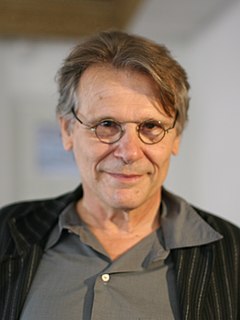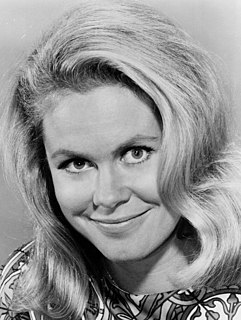A Quote by Thomas Huxley
To quarrel with the uncertainty that besets us in intellectual affairs would be about as reasonable as to object to live one's life with due thought for the morrow because no man can be sure he will alive an hour hence.
Related Quotes
The artist who gives up an hour of work for an hour of conversation with a friend knows that he is sacrificing a reality for something that does not exist (our friends being friends only in the light of an agreeable folly which travels with us through life and to which we readily accommodate ourselves, but which at the bottom of our hearts we know to be no more reasonable than the delusion of the man who talks to the furniture because he believes that it is alive.).
It's in the best interest of the radical left types - best psychological and strategic interest - to refuse to admit to the possibility that reasonable people can object to their ideological staff. Because if reasonable people objected, that would imply that their ideological stance is not reasonable.
The Sentimentalist, roughly speaking, is the man who wants to eat his cake and have it. He has no sense of honor about ideas; he will not see that one must pay for an idea as well as for anything else. He will have them all at once in one wild intellectual harem, no matter how much they quarrel and contradict each other.
When I consider life, 't is all a cheat. Yet fool'd with hope, men favour the deceit; Trust on, and think to-morrow will repay. To-morrow 's falser than the former day; Lies worse, and while it says we shall be blest With some new joys, cuts off what we possest. Strange cozenage! none would live past years again, Yet all hope pleasure in what yet remain; And from the dregs of life think to receive What the first sprightly running could not give.
I find very reasonable the Celtic belief that the souls of our dearly departed are trapped in some inferior being, in an animal, aplant, an inanimate object, indeed lost to us until the day, which for some never arrives, when we find that we pass near the tree, or come to possess the object which is their prison. Then they quiver, call us, and as soon as we have recognized them, the spell is broken. Freed by us, they have vanquished death and return to live with us.
We human beings build houses because we're alive but we write books because we're mortal. We live in groups because we're sociable but we read because we know we're alone. Reading offers a kind of companionship that takes no one's place but that no one can replace either. It offers no definitive explanation of our destiny but links us inextricably to life. Its tiny secret links remind us of how paradoxically happy we are to be alive while illuminating how tragically absurd life is.
Decision-making is difficult because, by its nature, it involves uncertainty. If there was no uncertainty, decisions would be easy! The uncertainty exists because we don't know the future, we don't know if the decision we make will lead to the best possible outcome. Cognitive science has taught us that relying on our gut or intuition often leads to bad decisions, particularly in cases where statistical information is available. Our guts and our brains didn't evolve to deal with probabilistic thinking.




































